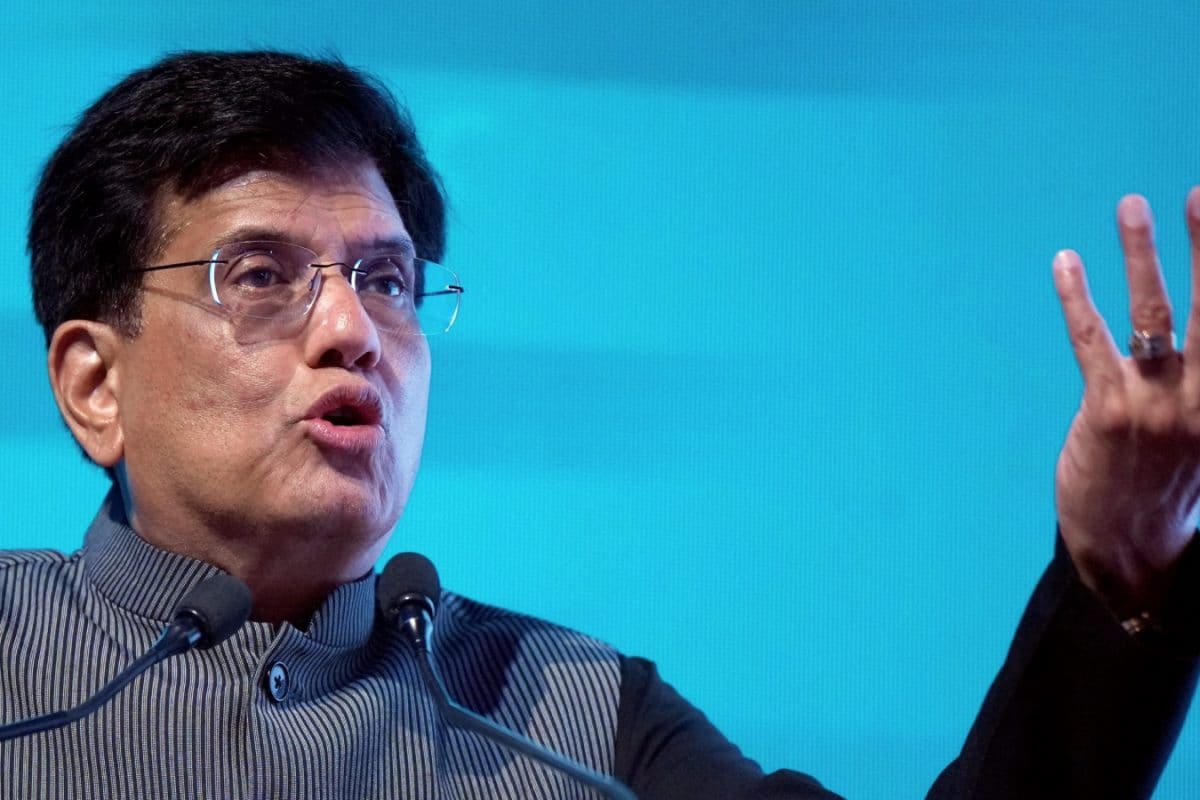

India is approaching trade negotiations with the United States on its own terms, emphasizing a strategy of securing mutually beneficial outcomes without adhering to rigid timelines. This approach, as suggested by Commerce Minister Piyush Goyal, underscores India's focus on national interests and its willingness to engage in long-term negotiations.
Ongoing discussions between India and the US aim to finalise an interim trade pact, potentially focusing on tariff concessions. An announcement is expected soon, possibly before July 9, which is when the US's 90-day pause on country-specific reciprocal tariffs is set to expire. Failure to reach an agreement by this date could result in a 26% tariff on Indian goods entering the US.
India is seeking duty concessions for labor-intensive sectors like textiles, gems and jewelry, leather goods, garments, plastics, chemicals, shrimp, oil seeds, grapes, and bananas. Meanwhile, the US has been seeking greater access to India's agriculture and dairy markets. India has been hesitant to fully open these sectors due to concerns about rural livelihoods and food safety. India has reportedly refused to lower tariffs on genetically modified corn, soybeans, rice, and wheat, and has also pushed back against opening up the dairy sector, which employs over 80 million people in India.
Despite these sticking points, both countries are working towards an interim trade agreement. The Indian team, led by chief negotiator Rajesh Agrawal, has been in Washington for negotiations. India is seeking full exemption from the additional 26 per cent tariff imposed by the US.
The broader goal is to more than double bilateral trade to $500 billion by 2030, from the current $191 billion. This aligns with the ambitious target set by Prime Minister Narendra Modi and US President Donald Trump.
Piyush Goyal has stressed that India and the US have made progress on concluding a mutually beneficial trade agreement. He noted India's compelling case for a trade deal, citing its growth potential and demographics. Goyal has also expressed optimism about signing the first tranche of the trade deal before July 9. He has emphasized that India is always ready to address easily achievable aspects of a trade agreement, capturing the "low-hanging fruits" first.
The ongoing trade negotiations are complex and that any trade deal has to be mutually beneficial. India is carefully considering the implications of any agreement, particularly regarding politically sensitive sectors like agriculture and dairy. Despite the complexities, both countries are committed to enhancing opportunities for their businesses and people.